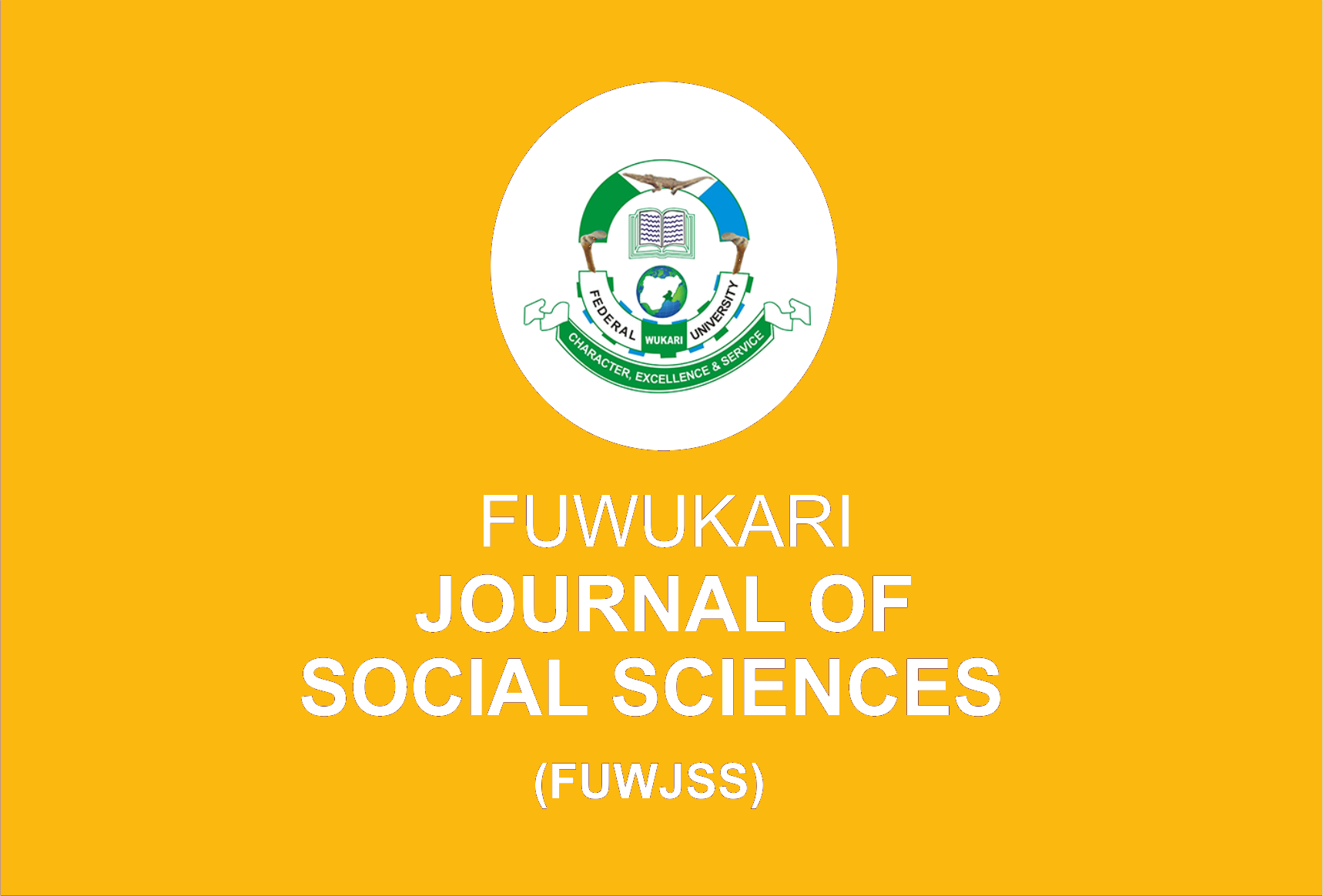Lived Experiences Of Non-Camping Internally Displaced Boko Haram Victims In South-West Nigeria
Olusegun Fariudeen Liadi
Keywords: Boko haram, internal displacement, conflict, livelihood, citizenship
Abstract
A remarkable resurgence of armed conflict by Boko Haram terror group has been witnessed in North-east Nigeria for more than a decade, leading to destructions of lives and properties as well as large number of internally displaced persons. Through in-depth interviews and focused group discussions, this study examines the lived experiences of non-camping displaced victims of Boko Haram who fled to south-west Nigeria in terms of their loss of live-livelihood, estrangement in host communities and construction of sense of belonging to the Nigerian-State. The study findings established a strong feeling of detachment towards national identity and loyalty towards the Nigerian state by non-camping displaced victims of Boko Haram who fled to south-west Nigeria. Findings also indicate a link between the absence of both familial and formal institutional support mechanism in host communities and negative perception of citizenship. The study concludes that non-camping victims of Boko Haram in south-west Nigeria are traumatized as a result of absence of social support systems. The absence of institutional and informal support mechanisms has affected their resilience leading to a negative perception of the Nigerian state. Consequently, the study recommends that government needs to institute support systems that can assist Boko Haram victims develop a more robust adaptive capacity to survive in south-west Nigeria.
Author Biography
Olusegun Fariudeen LIADI
Department of Sociology and Criminology, Fountain University, Nigeria

